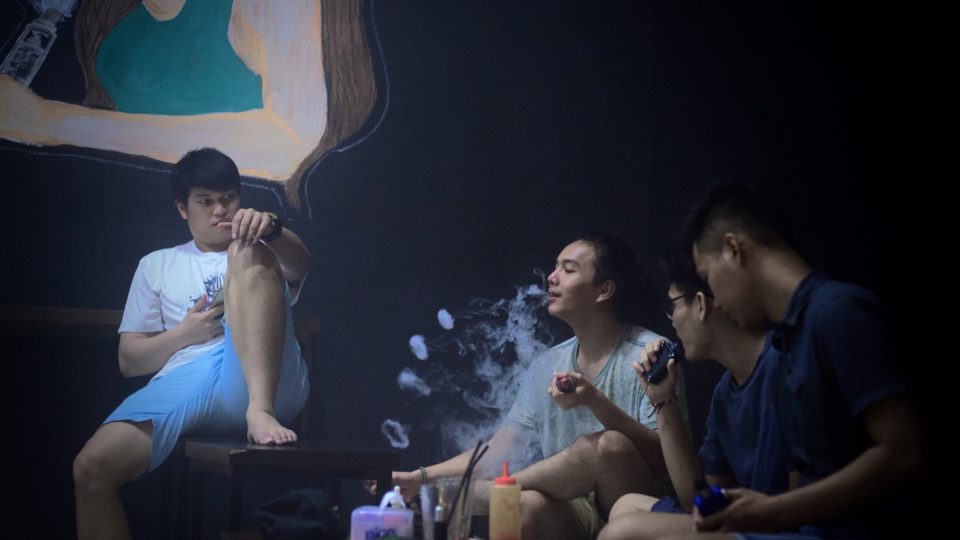The Indonesian government has come around on the subject of electronic cigarettes in a big way over the last few years. After attempting to ban the import of e-cigarette devices in 2015, the government reversed course and just recently the country saw the entry of the world’s biggest producer of e-cigarettes, Juul, into the domestic market.
Given the county’s disturbingly high percentage of smokers and related diseases, many Indonesians have embraced e-cigarettes and vapes as a relatively safer alternative to traditional cigarettes. But one group that isn’t happy about the rise of e-cigarettes are Indonesia’s tobacco farmers.
According to the chairman of the West Java chapter of the Indonesian Tobacco Farmers Association (Apti), Suryana, e-cigarettes represent an existential threat to the country’s tobacco farmers.
“Millennial cigarettes, or what we call e-cigarettes, threaten the sustainability of tobacco farmers,” Suryana said at an event in Bandung yesterday as quoted by Tribun.
Suryana said that since e-cigarettes entered the market some five years ago, many smokers have started switching from traditional tobacco cigarettes to e-cigarettes.
“If you switch to e-cigarettes, the demand for tobacco from the cigarette industry will decrease. The impact will naturally be felt by tobacco farmers as a provider of cigarette raw materials,” he said.
The Indonesian government has often justified the country’s lax tobacco control policies (which are considered among the weakest in the world) by arguing that stricter regulations would have a detrimental impact on the country’s poor tobacco farmers (though they rarely mention the impact on the country’s major tobacco companies, whose owners often sit atop lists of the country’s wealthiest individuals).
Suryana also mentioned that a decrease in demand for cigarettes would have a negative impact on the huge amount of revenue the government receives in the form of tobacco excise taxes. That’s another popular argument made by government officials in favor of keeping regulations lax, though one that is becoming increasingly hard to make after the country’s own Health Ministry argued that the long-term burden of treating tobacco-related illnesses on the country’s healthcare system far outweigh the short-term revenue.
It seems unlikely that the government will reverse course yet again and ban e-cigarettes after allowing the likes of Juul to enter the domestic market (who knows how the US-based firm, estimated to be worth $38 billion, managed to convince them…).
While one can sympathize with the struggles of Indonesia’s tobacco farmers if their livelihoods are endangered as their countrymen continue to quit smoking, one can also hope that they eventually see the value in getting more Indonesians off of cigarettes and envision a future where they can make a living growing produce that’s less poisonous to its consumers.




